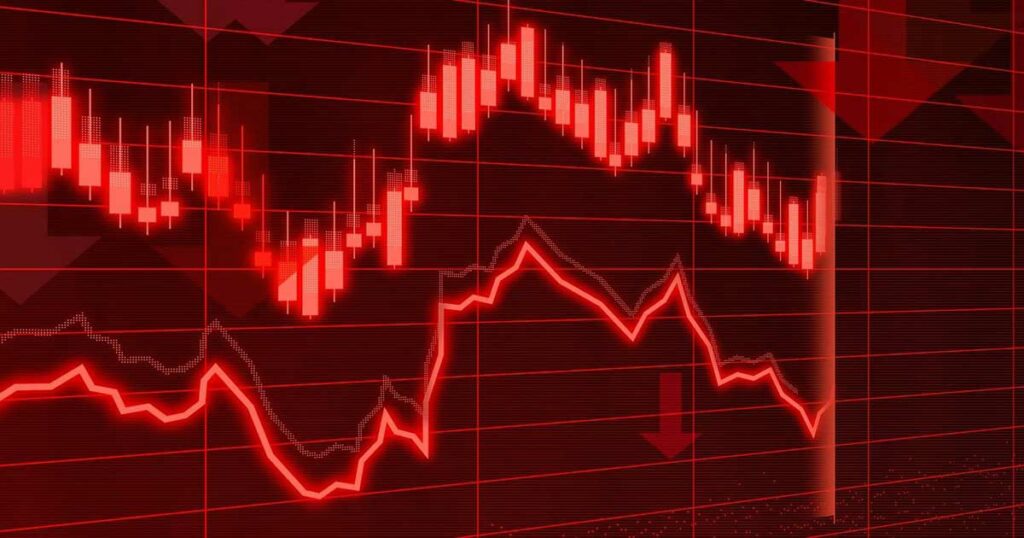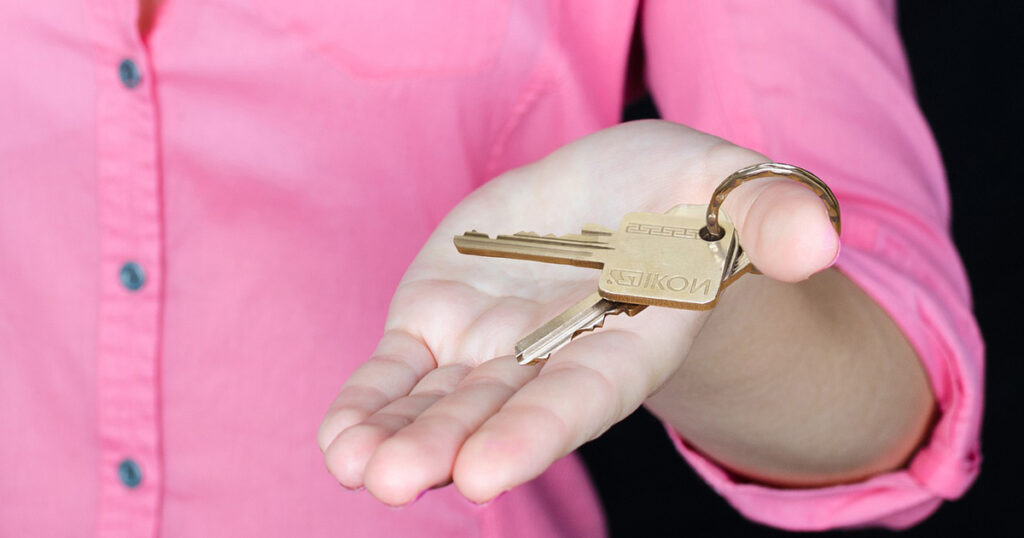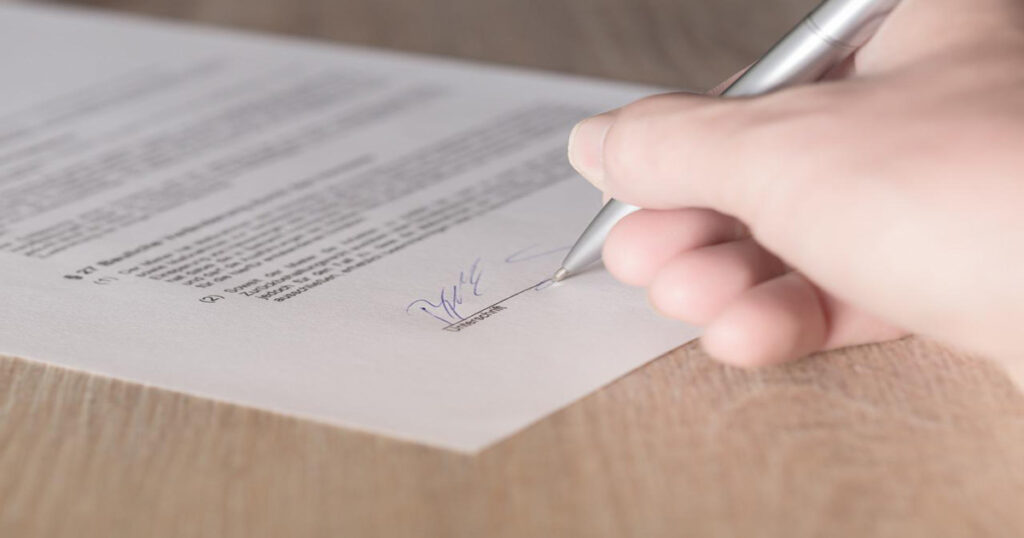The Netherlands can expect a loss of prosperity and a possible recession on the horizon. The chief economists of banks ING, Rabobank, and ABN Amro said this in the TV program Buitenhof. There are still numerous caveats, such as how quickly the gas supply from Russia will be stopped, whether there will be an interest rate hike from the European Central Bank (ECB), and how the pandemic is developing in China.
Everything will become more expensive “no matter what happens,” according to Ester Barendregt from Rabobank. “We’re losing prosperity, that’s what’s going on right now. High inflation will decrease, but not very quickly. We have to take wealth loss into account.”
Marieke Blom (ING) said how quickly we get rid of Russian gas will play a big role in what comes next. “If that happens today, heating will become even more expensive as soon as contracts expire. Inflation is high. Purchasing power will be eroded, people can no longer spend money on other things, and it becomes more expensive for companies to produce. We’re heading into a recession, which I believe is the biggest risk hanging over the Dutch economy this year.”
A possible interest rate hike by the ECB also hangs over the economy. The effects of that will take time to show themselves and that is “the dilemma” for ECB president Christine Lagarde, according to Sandra Phlippen (ABN AMRO). “The big question is whether the interest rate hike is compatible with the sharp price increases that will become noticeable for consumers after the summer. If this causes the purchasing power to deteriorate so that we enter a recession, then the interest rate increase is actually wrong.”
However, if the ECB does not raise interest rates, the central bank is not credible, says Phlippen. “When it gets into the minds of citizens and businesses that everything is getting more expensive, purchases are brought forward and the price hike becomes a self-fulfilling prophecy.”
China also plays an important role in the question of whether the Netherlands will enter a recession, Phippen says. “A quarter of the population has been in lockdown there since April. As a result, production has partly stopped. This can disrupt supply chains and increase inflation.”
The Dutch economy is not in bad shape, according to Phlippen. “This year we have an average growth of a few per cent. This tight labour market can make good use of unemployment, strangely enough. And we have between 40 and 50 billion euros in savings in accounts. People will use that to maintain the household level.





